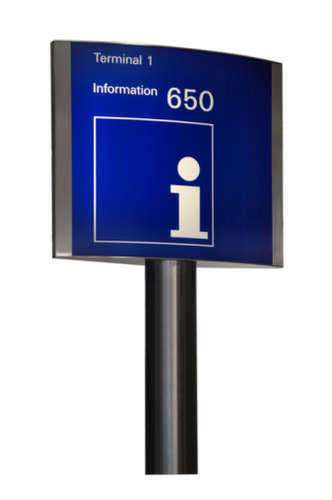Divorce Records Purpose Overview
Divorce records are legal documents that record the details of a divorce proceeding. They are maintained by government agencies and are typically available to the public. In this article, we will explore divorce records and their purpose, as well as provide an overview of the information contained in these records.
What are Divorce Records?
Divorce records are legal documents that record the details of a divorce proceeding. They include information such as the names of the parties involved, the date of the divorce, and any settlements reached during the proceedings. Divorce records are maintained by government agencies such as courts or vital records offices, and can often be accessed by the public.

Purpose of Divorce Records
Divorce records serve several important purposes. They can be used as legal documents in court proceedings, for example, to prove that a divorce has been finalized. Additionally, divorce records can be used for genealogical research, to track family history and identify unknown relatives.
Overview of Divorce Records
Divorce records generally contain the following information:
1. Names of the parties involved: This includes the names of both spouses who were involved in the divorce proceeding.
2. Date of divorce: This is the date on which the divorce was finalized by the court.
3. Grounds for the divorce: This refers to the legal reasons for the divorce, such as irreconcilable differences or adultery.
4. Settlements reached: This section includes any agreements or settlements that were reached during the divorce proceedings, including child custody, alimony, and property division.
5. Court orders: This includes any court orders related to the divorce, such as restraining orders or child support orders.
Accessing Divorce Records
Accessing divorce records can vary depending on the jurisdiction in which the divorce was filed. Generally, these records are considered public information and can be requested from government agencies such as courts or vital records offices. Some jurisdictions may have restrictions on who can access divorce records, such as limiting access to immediate family members or requiring a court order.
Conclusion
Divorce records are legal documents that record the details of a divorce proceeding, including the names of the parties involved, the date of the divorce, and any settlements reached. These records serve an important purpose in legal proceedings and genealogical research. Accessing these records can often be done through government agencies, but restrictions may apply depending on the jurisdiction in which the divorce was filed.
Divorce records are utilized for several purposes.
Firstly, divorce records are maintained in order to ensure accuracy in records kept for the couple that took part in the divorce hearing, as well as for the court.
Divorce records are kept by court professionals who are trained in paying special attention to detail, and in ensuring the accuracy of such documents.
In some cases, judges rely on the records at a later date. In some cases, false accusations lead to future court cases in reference to the divorce, and divorce records are utilized to verify what was actually said in court.
This is especially true if one spouse later finds evidence to prove or disprove allegations that were made during the divorce. That information can be helpful if the court made any decisions based on fraudulent information provided during the divorce.
In addition, one parent may file a motion to modify or terminate child/spousal support and the judge may again need to reference the records for fact checking.
Divorce records can also be utilized for fact-checking by non involved individuals. For example, someone may want to check that their partner has not misrepresent the facts of a divorce.
In some case, people that are involved with divorcees like to be sure that they can trust them. Partners may check to see what assets and individual retained after a divorce.
In addition, they can see if their partner incurred any debt as a result of the divorce. In some instances, divorce records are utilized by attorneys in future court cases.
For example, an allegation of child abuse may not have been proven during the divorce, but perhaps evidence was presented during that time. If an attorney is later involved in a criminal case relating to abuse, they may reference a divorce record to verify information.
In fact, a divorce record is an official court document and it is likely to be admissible in a case that is related, such as child abuse. In some cases, employers may also reference information found within a divorce record.
For example, employers generally conduct a financial background check and divorce agreements can provide details on assets lost and acquired through the divorce. In addition, divorce records may be utilized if someone should pass away.
For example, a parent may not have a will but may have provided for inheritance rights during the creation of their divorce agreement.
Divorce agreements are utilized in many fashions and can be accessed by any individual. Divorce records are fairly easy to access, and may be obtained in a variety of locations.